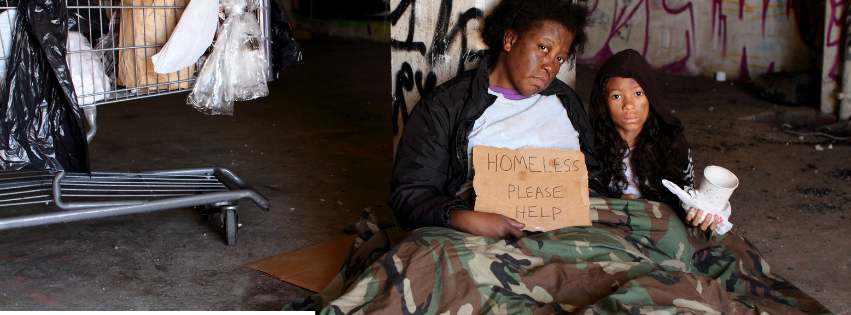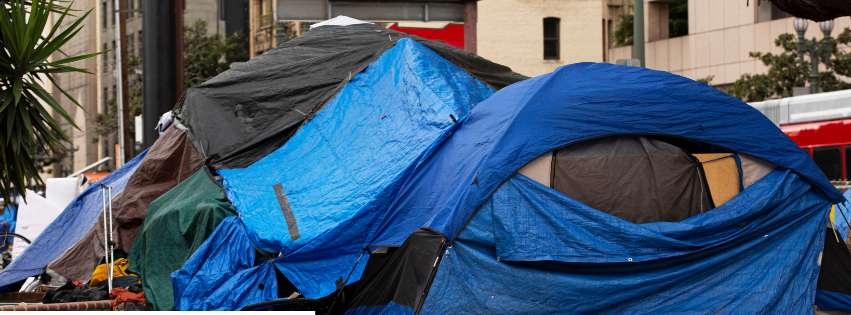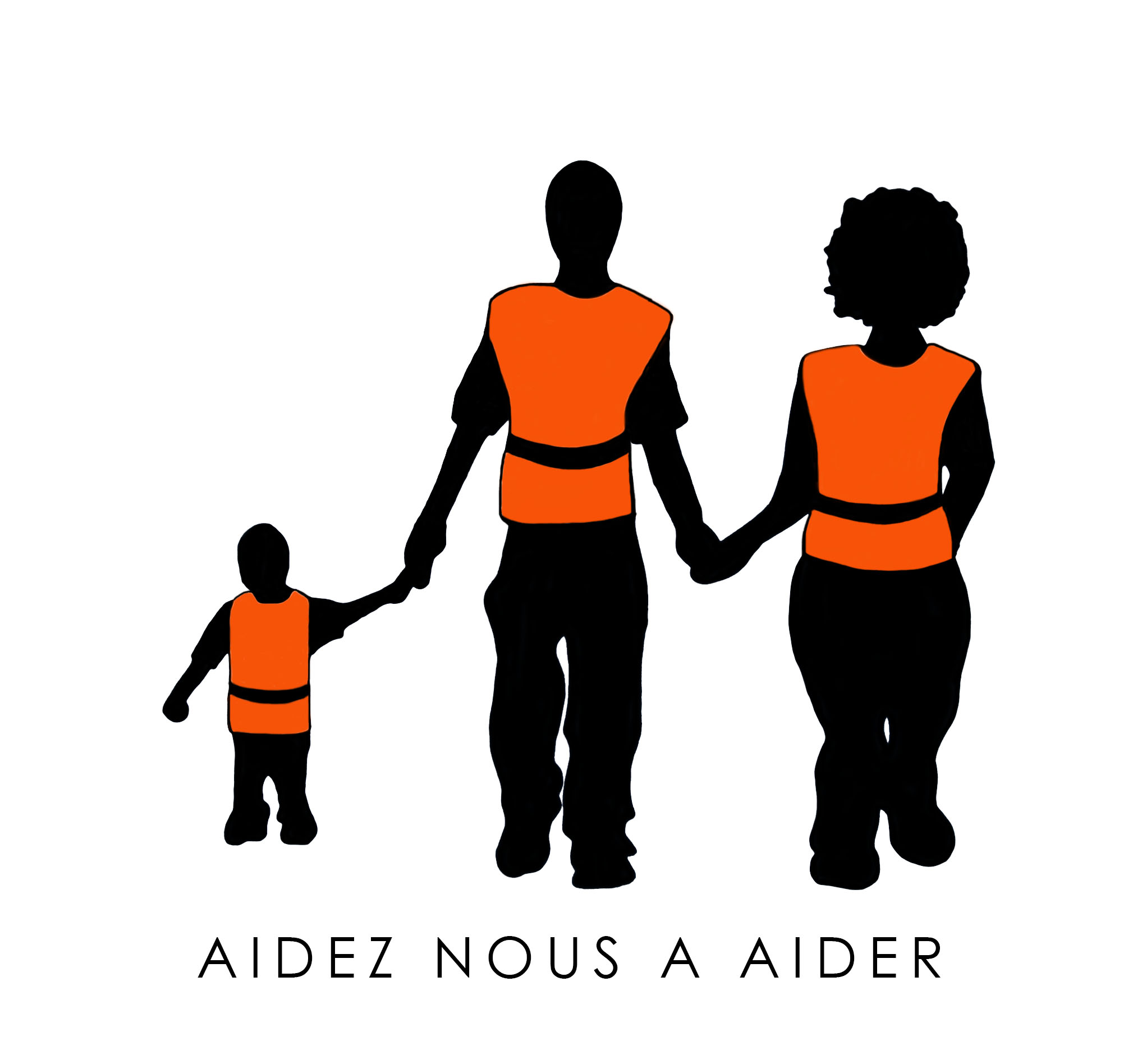The Tourist Approach to Migration Crisis Can Harm Vulnerable Communities. In recent years, the world has witnessed an increase in global migration, driven by conflict, persecution, poverty, and environmental factors. As travelers, we often find ourselves encountering these realities firsthand, particularly in regions directly affected by migration crises. While it’s natural to be curious and want to document our experiences, it’s crucial to approach such situations with empathy, sensitivity, and a deep understanding of the ethical implications involved. Viewing the migration crisis as a mere tourist attraction and casually taking photos of vulnerable people without their consent can perpetuate harm and further marginalize already disadvantaged communities.
The Human Face of Migration
The migration experience is far more nuanced than what statistics and headlines can convey. Each migrant or refugee carries with them a unique narrative shaped by a complex interplay of socio-political, economic, and personal factors. Behind every number is a human story of resilience, courage, and survival. Many have endured unimaginable hardships, such as witnessing violence, experiencing persecution based on their ethnicity, religion, or political beliefs, or enduring extreme poverty. These experiences often compel individuals to make the difficult decision to leave behind everything familiar in search of safety and a better future for themselves and their families. It’s crucial to recognize that these journeys are not just about physical movement but are deeply rooted in profound human experiences and aspirations.
Vulnerability:
Migrants and refugees represent one of the most vulnerable populations globally, facing a myriad of challenges and risks throughout their journey and upon reaching their destination. During their often dangerous journey, they are exposed to exploitation, trafficking, and various forms of violence, including sexual and gender-based violence. Moreover, upon arrival at their destination, they may encounter barriers to accessing basic rights and services, including healthcare, education, and legal protection. Discrimination and xenophobia further exacerbate their vulnerability, leaving them marginalized and at risk of further harm. Women, children, and LGBTQ+ individuals are particularly vulnerable to various forms of abuse and exploitation, highlighting the urgent need for comprehensive protection mechanisms and support services tailored to their specific needs.
Understanding the complex realities and vulnerabilities of migrants and refugees is essential for fostering empathy, shaping informed policies, and implementing effective interventions that uphold their dignity, rights, and well-being. It requires moving beyond stereotypes and simplistic narratives to engage with the multifaceted experiences and needs of individuals and communities affected by migration. Only by acknowledging and addressing these complexities can we work towards creating a more inclusive, compassionate, and equitable society for all.

Also Read: Migrant Children in Ceuta, Spain
Ethical Considerations
Dignity and respect are fundamental principles that should guide our interactions with others, regardless of their circumstances or background. Every individual possesses inherent worth and deserves to be treated with dignity, regardless of their social, economic, or legal status. Taking photos of people without their consent, especially in vulnerable situations, can undermine their dignity and infringe upon their privacy. It reduces them to mere objects of curiosity or pity, stripping away their agency and autonomy. Such actions fail to acknowledge the full humanity of the individuals being photographed and can perpetuate a sense of objectification and otherness.
Respecting the autonomy and agency of individuals is paramount, particularly in contexts where power dynamics are unequal and vulnerabilities are heightened. Obtaining explicit consent before photographing individuals, especially in sensitive contexts like refugee camps or border crossings, is essential. This ensures that individuals have the opportunity to exercise control over their own image and narrative. By seeking consent, we acknowledge and validate the agency of individuals, empowering them to participate actively in shaping how they are represented and perceived by others.
Images captured without context or consent can be easily misconstrued and misinterpreted, perpetuating harmful stereotypes and stigmatizing entire communities. They may reinforce negative narratives about migrants and refugees, depicting them solely as victims or threats, rather than complex individuals with diverse experiences and aspirations. This further marginalizes these communities, exacerbating existing prejudices and discrimination. Stereotyping and stigmatization not only dehumanize migrants and refugees but also hinder efforts to foster understanding, empathy, and solidarity across diverse communities.
By prioritizing dignity, respect, consent, and sensitivity in our interactions and representations of migrants and refugees, we can challenge harmful stereotypes, combat stigmatization, and promote a more inclusive and equitable society. It requires recognizing the inherent worth and agency of every individual and actively working to amplify their voices and narratives in a dignified and empowering manner.

Also Read: Migrants and Housing
Impact on Communities and how Tourist Approach to Migration Crisis Can Harm Vulnerable Communities
The commodification of suffering, often fueled by voyeuristic curiosity, can lead to the exploitation and objectification of vulnerable individuals, including migrants and refugees. When individuals’ suffering becomes a spectacle for the entertainment or consumption of others, it diminishes their humanity and reduces them to objects of pity or fascination. This commodification perpetuates unequal power dynamics, where the agency and dignity of vulnerable individuals are disregarded in favor of sensationalized narratives. Moreover, it can reinforce harmful stereotypes and perpetuate a sense of otherness, further marginalizing already disadvantaged communities.
Being constantly photographed without consent can have profound psychological effects on individuals, particularly those who have experienced trauma. For many migrants and refugees, their journey to safety may have been marked by violence, persecution, or loss, leaving them with deep emotional scars. Being subjected to intrusive photography can retraumatize individuals, triggering feelings of vulnerability, powerlessness, and distress. It undermines their sense of safety and security, perpetuating a sense of perpetual surveillance and scrutiny. Moreover, it deprives individuals of their right to privacy and autonomy, exacerbating feelings of disempowerment and alienation.
The psychological harm caused by constant photography without consent extends beyond the immediate moment, impacting individuals’ overall well-being and sense of belonging. It erodes trust and undermines efforts to build meaningful connections and relationships within communities. Moreover, it perpetuates a culture of exploitation and objectification, where vulnerable individuals are reduced to passive subjects for the gaze and consumption of others. This not only violates their fundamental rights but also hinders their ability to heal and rebuild their lives in a supportive and empowering environment.
By recognizing the potential for exploitation, objectification, and psychological harm inherent in photographing vulnerable individuals without consent, we can work towards fostering a culture of empathy, respect, and dignity. Prioritizing the agency and autonomy of individuals, especially those who have experienced trauma, is essential for creating safe and inclusive spaces where all individuals can thrive and reclaim their narratives on their own terms.
Responsible Travel Practices
Before traveling to regions affected by migration crises, it is essential to educate yourself about the local culture, history, and current realities. Approach interactions with humility, empathy, and cultural sensitivity. By understanding the social, political, and historical contexts in which you find yourself, you can better appreciate the perspectives of local populations and avoid behaviors that may be offensive or insensitive.
Instead of observing passively or taking photos, engage with local communities respectfully and listen to their stories. Learn from their experiences and perspectives, and amplify their voices when appropriate. By building relationships based on mutual respect and understanding, you contribute to creating spaces where people affected by the migration crisis can feel heard and supported.
Prioritize supporting ethical organizations and initiatives that empower and uplift migrant and refugee communities. This can include volunteering with reputable NGOs, purchasing goods from fair-trade cooperatives, or donating to grassroots projects. By supporting these initiatives, you contribute to strengthening the capacities of local communities to address their own needs and promote their autonomy.
Reflect on Impact:
Reflect on the potential impact of your actions as a traveler, particularly when it comes to photography. Consider the ethical implications of taking photos and always prioritize the well-being and dignity of the individuals involved. Before taking a photo, ask yourself if it respects the consent and wishes of the people being photographed, and if it contributes to a fair and respectful representation of local realities. By being aware of your impact as a visitor, you can contribute to creating more inclusive and respectful travel experiences for all.
A Tourist Approach to Migration Crisis Can Harm Vulnerable Communities by photographing vulnerable people without their consent is ethically problematic and can perpetuate harm. As travelers, it’s our responsibility to approach these situations with sensitivity, empathy, and respect for the dignity and agency of individuals. By prioritizing ethical practices and engaging with communities in meaningful ways, we can contribute positively to the narrative surrounding migration and advocate for the rights and well-being of those affected.


Pingback:Morocco and Europe's Bilateral Agreements and Externalization of Borders - Aidez nous a Aider